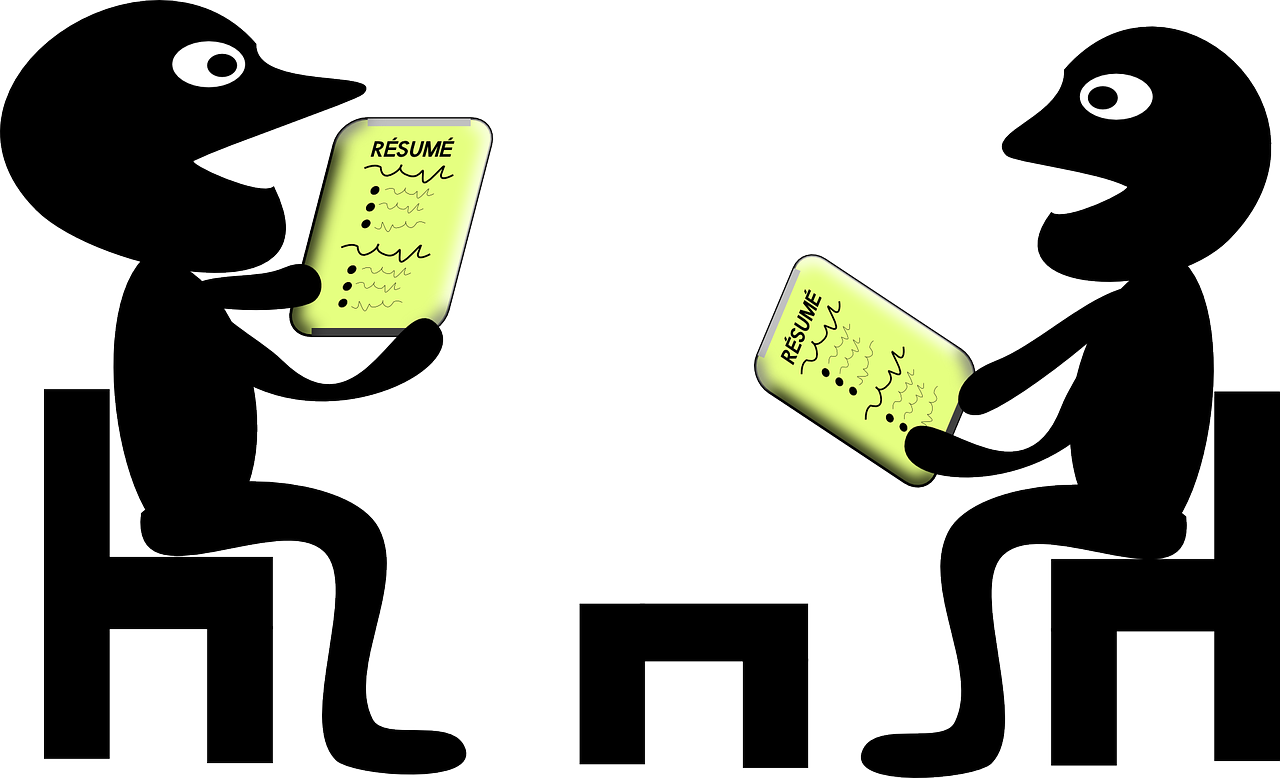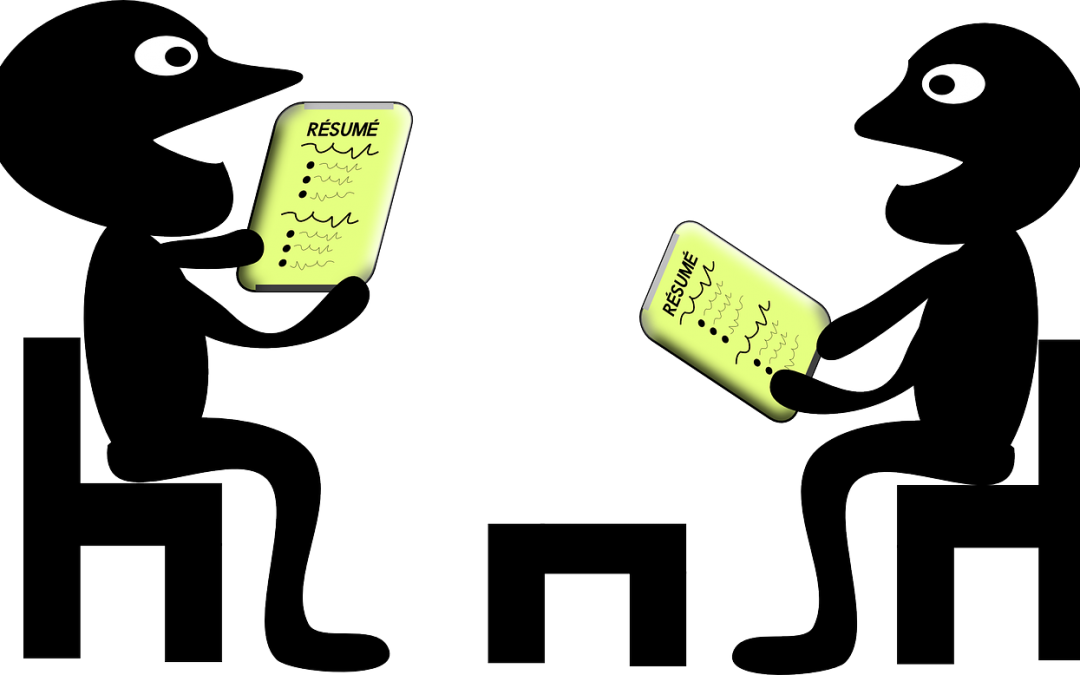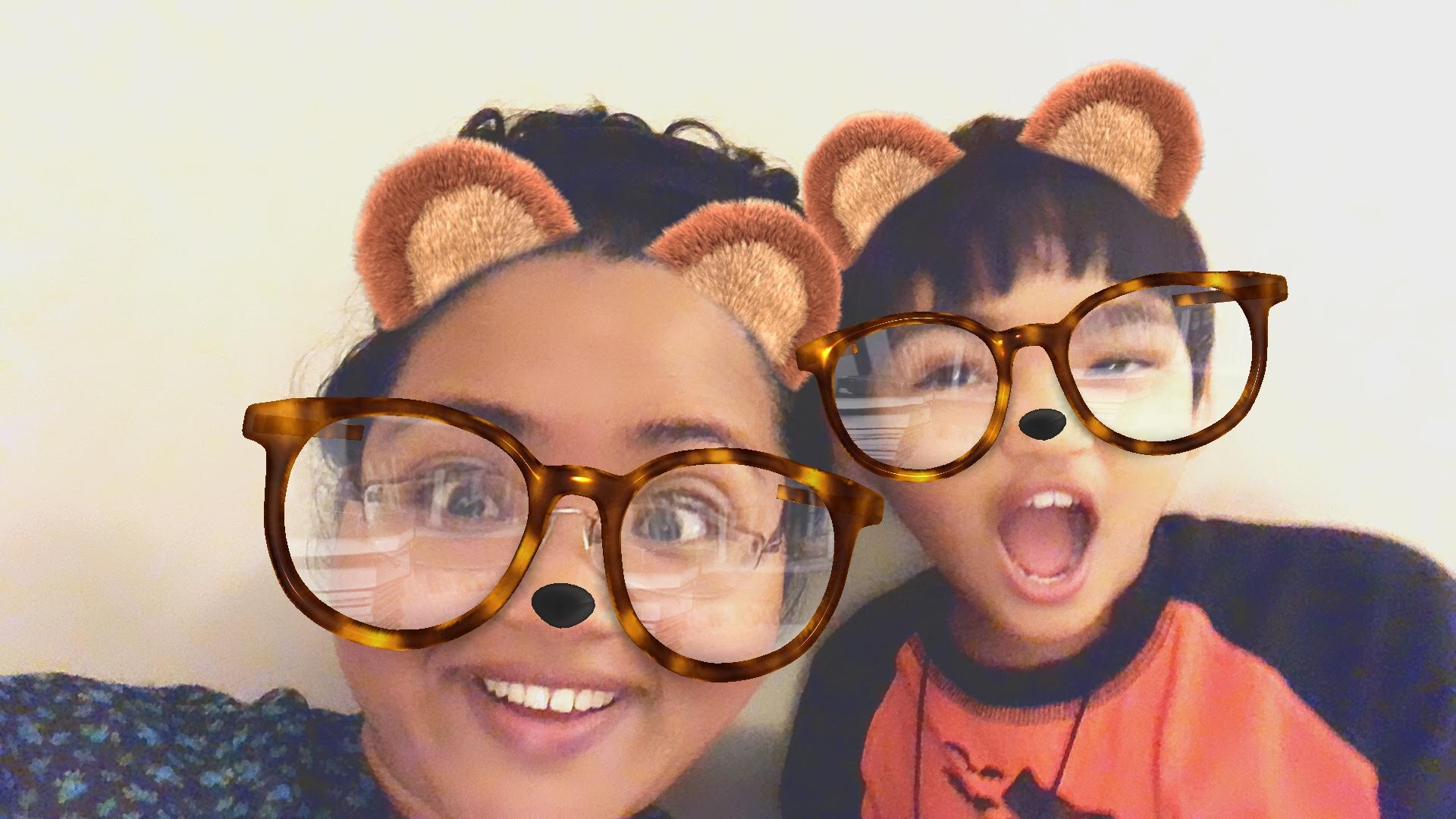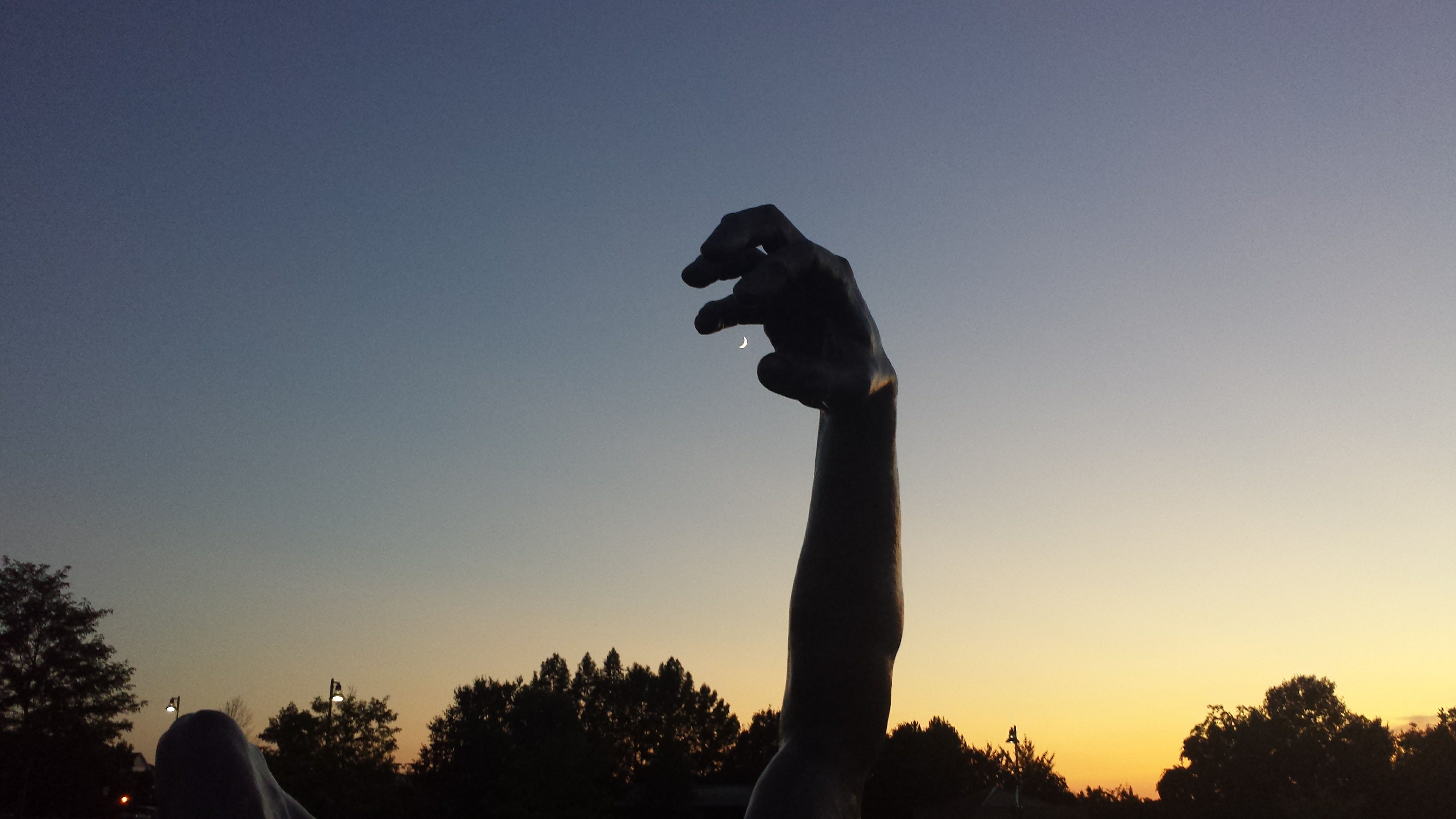A few months ago I spoke to a class of high school students on resume writing through Nepris. I wanted to take this opportunity to share my perspective on what a resume is, or more accurately what should a resume mean to a high school student. A resume to me had meant a piece of document that I would present to a prospective employer in order to get hired for a position. That was what I was told and that was what I told others. I even helped craft resumes for other students. And it worked well to get them to college. But as someone who has worked on her resume for years, had others look at her resume multiple times, taken suggestions from multiple books and websites, and has been in within the school and the university system for the majority of her life﹘ the resume didn’t seem to lead to the desired results out in the so-called “REAL WORLD.”
I do think that the high school students need to take building a resume seriously. But, I was also aware that showing them a PowerPoint of what should go into a resume was not the right approach. If the students were eager to prepare a resume, they could prepare one from hundreds of online resources. Also, I could sense students dreading the next 40 minutes of this virtual session of ours. Instead I wanted to convey them the message of why they needed to BUILD a resume.
I did not want to focus on the grim economy, tough competition, and how a perfectly crafted resume would get them a Job. For students who have big dreams in terms of the impact they want to make, the money they want to earn, or even the freedom they want to experience, preparing a resume for an organization they don’t know, the work they might not like, the people they might not get along with, a job they might be able to secure, and a pay that might not meet their expectations doesn’t sound like a particularly motivating scenario. And for students who are not sure what they want to do in life, fear and uncertainty mixed together doesn’t make for an exciting adventure to embark upon.
I wanted to share the things that I knew schools and colleges were not teaching. I had to make sure that I shared what I had learned since entering the job market. I knew that they would have to stand out from the crowd and that there might not be a job waiting once they graduate even though they were very good students. I had to tell them that entrepreneurial spirit, creativity, networking, and business acumen were going to be very important for them.
I also had to share what I had learned from the blog posts and free webinars by Ramit Sethi, from Ashley Stahl, and many more, including this book that I am reading now, Hired! Paths to Employment in the Social Media Era by Jeff Sheehan and Alfred M. Smith.
Times are changing and changing fast. I grew up not knowing what a telephone was to owning a cell phone and now my five-year-old is amazed to see a flip phone with buttons on them. We all have seen the downfall of companies like Nokia, Blockbuster, and many more because they didn’t see the changes happening and didn’t change quickly enough.
We have also seen Facebook grow from a directory of students in Harvard University to connecting a billion people all over the world. We have also seen ourselves turn to Google or YouTube to search for contents. We also frequently turn to Khan Academy or TED or Super Soul TV or Coursera or Udemy or Lynda or HubSpot, and more online platforms to learn. LinkedIn is synonymous with our professional resume, a go-to place to grow our Professional Network, and to build our personal brand.
Yes! Your personal brand – a brand that allows iPhone to charge more but still hold its own ground. A brand that makes us turn to Amazon.com to make an online purchase. A brand that flashes the image of Oprah when I think of listening to something inspirational or Elizabeth Gilbert when I think of living creatively beyond fears.
So I wondered, what should a resume mean to a high school student or a college student or anyone else considering climbing up the ladder or even switching the ladder, for that matter?
Shouldn’t the resume be more for you, the student, the job seeker, the career-seeker? You work on it, you build on it and when the time comes for you to send it to a prospective employer, you tweak it according to the requirements, and you showcase your skills and experiences in a way that speaks directly to the position requirement.
So here’s the gist of what I told the students:Treat your resume as your planner that would guide your future decisions. This planner will allow you to see what has been achieved and where you want to go next. Keep it flexible which you can go back to and add and edit any time you need to.
- Treat your resume as your planner that would guide your future decisions. This planner will allow you to see what has been achieved and where you want to go next. Keep it flexible which you can go back to and add and edit any time you need to.
- Your curiosity and your ability to keep growing, keep learning, and finding ways to contribute to would be the most important factors in being able to get what you want to achieve or even what you can’t yet foresee.
- Be responsible on how you are portrayed in the social media.
- In fact, be contributors of and creators of new content. If you like to play games, learn how to build a game, build it and share it. If you are interested in making music, share a video of it. When you take one small action, it will lead the way to many more.
- Start taking small actions that stem out of your own interests or curiosity. I shared with them how starting my blog has helped me learn more, reach out to more people, grow my network, and also helped me grow as a person.
- Follow the people you look up to and learn from their experiences. Follow the people who follow them or who they follow that you think you can learn from and eventually network with.
- Find friends that share your interests and start collaborating. Work on projects. Amazing things happen when people come together with the intention to collaborate.
- Permanent jobs are disappearing but many more opportunities are opening up. You can actually gain valuable experiences even before you finish school. You need to start looking for them.
I think students found the class interesting because the number of questions increased as the student wanted to know more and dig deeper. Students asked me how much it would cost to start a blog. As an experienced audience and a facilitator of these classes, this question was a definitely a deviation from the norm. They did not ask me how much they could earn; instead, they asked me how much investment was required. In my mind, thinking of investing at this stage is a step in the right direction.
What skills and results would you like to see in your resume?
Please let me know in the comments below or email me at sudiksha@wearealwayslearning.com






Excellent post, Sudiksha! High school grads will definitely benefit from the knowledge you shared. Well written, enlightening and useful article. Keep up the good work.